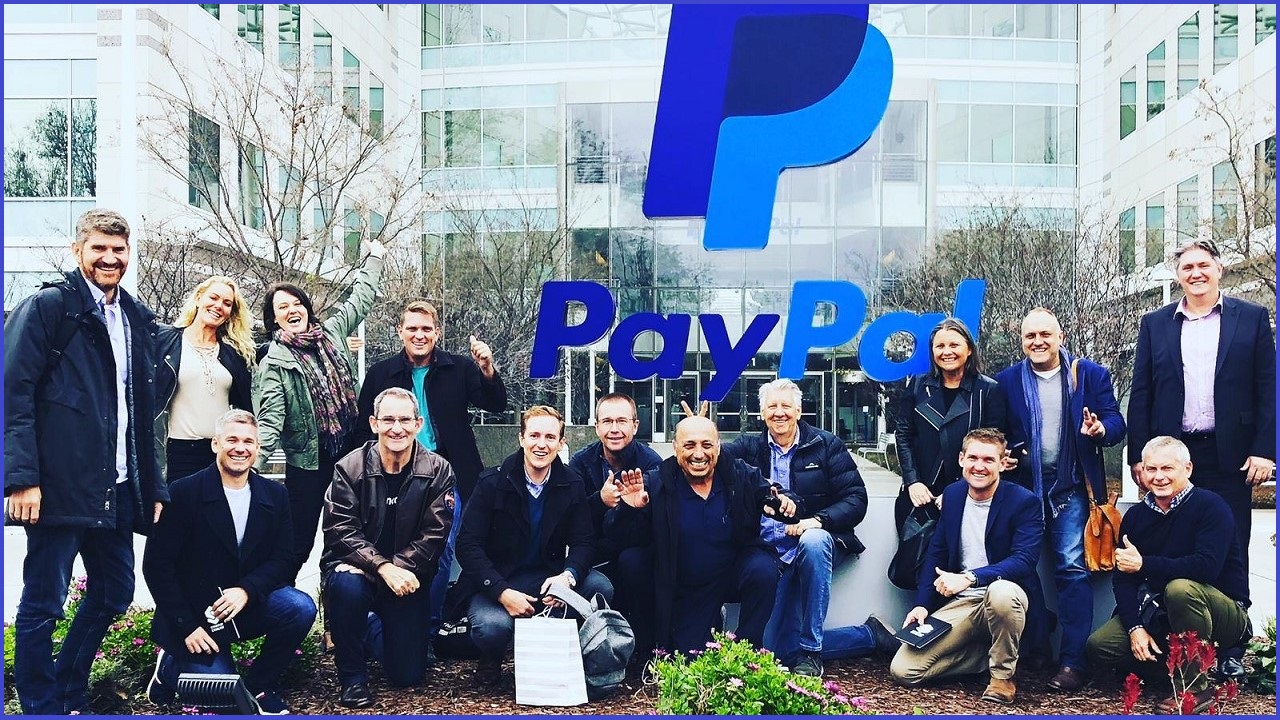When you talk to early stage tech companies, the three main challenges they identify are: access to talent, access to customers, and access to capital.
ACS’ recent acquisition Startup Catalyst returned from a week-long investor mission to San Francisco and Silicon Valley this month, which covered the capital side from an investor’s perspective.
A group of 14 included angel investors and wealth fund managers and was led by well-known Shark Tank investor Steve Baxter.
I was fortunate to attend this investor mission and would like to share some of my observations with you.
It was a jam-packed agenda, with boardroom meetings at DLA Piper, Circuit Capital, Counterpart Ventures, Funders Club, Pipeline Capital Partners, GrowthPoint Technology Partners, Corporate Venture Capital with PayPal and M12 (Microsoft), Lightspeed Ventures, Day View Capital Partners, Bullpen Capital, Accel, Angelist, and a workshop with Angel University.
Opportunities on the mission also included attending global entrepreneur community Start-up Grind and an investor panel with valued ACS partner, the Aussie Founders Network.
“There is a lots of talk about the global glut of capital and how the rise of the mega-round
is pushing out traditional seed and series A [funding]. People have called this the end of the lean
start-up movement - it's hard to fail fast when you have $10m in the bank. Many of us see
nothing but risk in this model though, particularly for early stage companies. The Australian
approach of ‘be lean, then get fat’ (props to the indomitable @DuncanDavidson for this delightful
phrase) can give our companies a unique advantage.”
- Kylie Frazer, mission attendee
The fund model that I found most interesting was one identifying early stage tech companies that were likely to IPO in 18-24 months and then assisting founders and team members with cash flow by buying vested company shares so that founders and employees could buy houses and education for their children at a time that would otherwise be beyond their reach.
For me, other key takeaways were:
· The large Corporate Venture funds used to go looking for a home run, however in today’s environment, if it is not a grand slam, you are not going to be ringing the bell on Wall Street.
· The top of the venture capital funnel is getting wider and broader – the number of big deals though remains roughly the same.
· If you are not a billion-dollar business, large corporate venture funds are not going to be interested because they can’t get the returns they need for their investors, which means you need to be turning over $100m or get there as quickly as you can. You really need to decide whether you want to be that business.
· Founders need to be crystal clear on you they need a capital raise, where you are going to spend it and how you will scale with it. Product/market fit is always front and centre, and if your product doesn’t automate and scale easily (build once, sell multiple), you may be labelled a lifestyle business.
· Founders need to focus on things that fundamentally change the growth of a company – the best product doesn’t always win.
· Are you a venture-backable business? You have to make it easier for US investors. American companies tend to pay the higher purchase price, and there is a premium for growth assets. That said, there are numerous founders knocking on their doors, and you don’t want your pitch going into the too hard basket. ‘Flipping’ (setting up a US holding company) and having a US board are examples of making it easier.
· For investors, founder dilution is a killer and alignment with the founder is key. Tech companies can be an opaque asset class, with returns not published. While you may be looking at returns from listed companies and property in a seven-year time frame, it is more like a ten-year time frame for early stage tech companies.
· No-one ever made money off a term sheet; they make it off people, markets and technology. Term sheets – which are a non-binding agreement laying out the terms of an investment by a VC – need to be kept simple.
I cannot speak more highly of the Startup Catalyst mission as a rewarding experience.
Startup Catalyst's London Tech Week mission is scheduled for 9-15 June 2019. Contact Startup Catalyst for more information.








